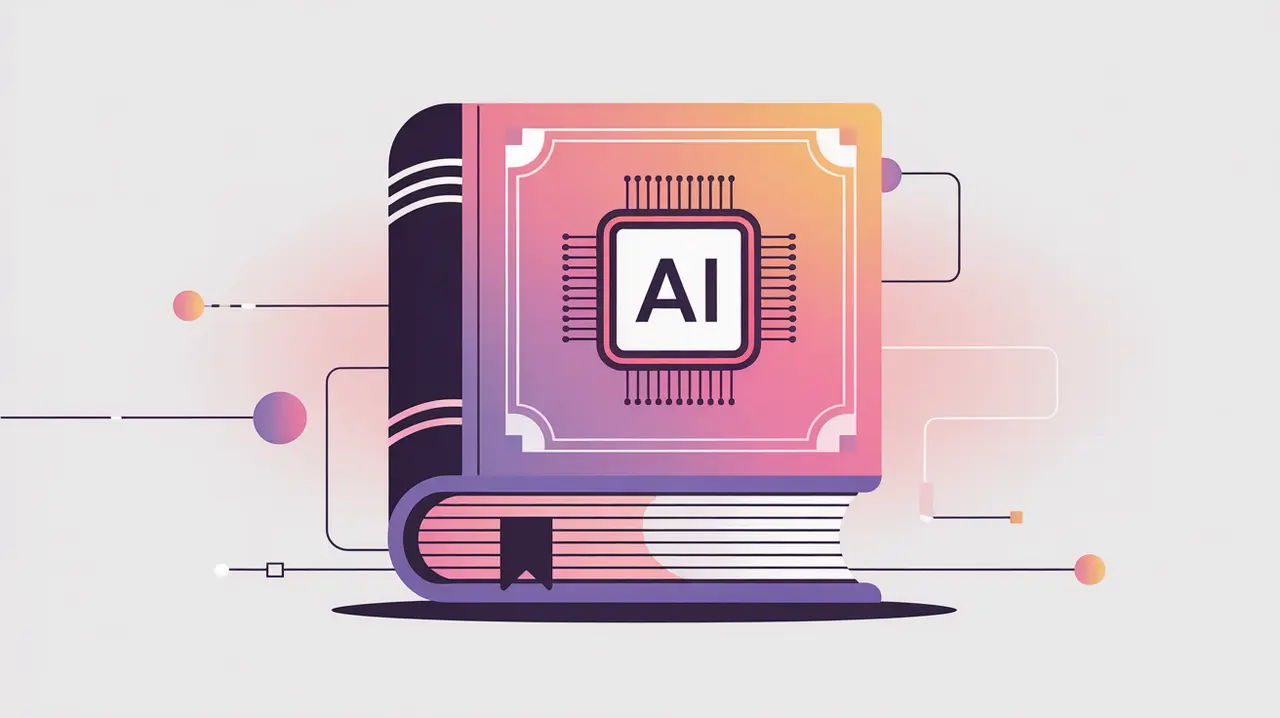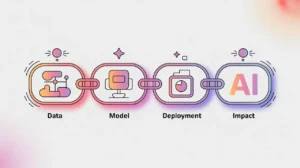Importance of AI Ethics
AI Ethics is the field of study and practice that addresses the moral questions, social values, and philosophical frameworks guiding artificial intelligence. It explores what is right, just, and fair in the design and use of AI, often grappling with issues that extend beyond legal compliance. Its importance today lies in the fact that AI systems increasingly influence human rights, livelihoods, and social cohesion. Ethical reflection helps societies determine not only what AI can do, but what it should do.
For social innovation and international development, AI ethics matters because mission-driven organizations often work in contexts marked by inequality, fragility, and diverse cultural norms. Ethical frameworks ensure that AI contributes to empowerment, dignity, and justice rather than perpetuating harm.
Definition and Key Features
AI ethics draws from traditions in philosophy (such as utilitarianism, deontology, and virtue ethics), human rights law, and social science. Core ethical concerns include fairness, autonomy, accountability, transparency, and beneficence. Global debates extend to specific issues such as surveillance, algorithmic discrimination, and the ethical use of biometric data.
It is not the same as responsible AI, which emphasizes operationalization of principles, nor is it equivalent to governance, which creates rules and accountability structures. AI ethics provides the normative foundations on which those practices are built.
How this Works in Practice
In practice, AI ethics involves developing codes of conduct, convening ethics boards, and engaging communities in dialogue about acceptable uses of AI. It can influence data collection practices (e.g., respecting consent), system design (e.g., avoiding exploitative features), and deployment decisions (e.g., declining to build systems that facilitate rights abuses). Ethics also guides how conflicts are navigated when principles like efficiency and fairness collide.
Challenges include the risk of ethics-washing, where institutions adopt lofty principles without substantive change. Cultural diversity also means that ethical standards cannot be one-size-fits-all, requiring sensitivity to local contexts. Tensions arise when commercial incentives conflict with ethical imperatives.
Implications for Social Innovators
AI ethics shapes mission-driven applications across sectors. Health initiatives use ethical frameworks to guide patient privacy, consent, and equitable care. Education programs confront questions of fairness in adaptive learning systems. Humanitarian agencies debate the ethics of using biometric identification in displacement settings. Civil society groups mobilize AI ethics as a tool for advocacy, ensuring that marginalized voices shape the debate.
By grounding AI development in ethical reflection, organizations ensure that technology aligns with human values and advances inclusive, just, and sustainable outcomes.







